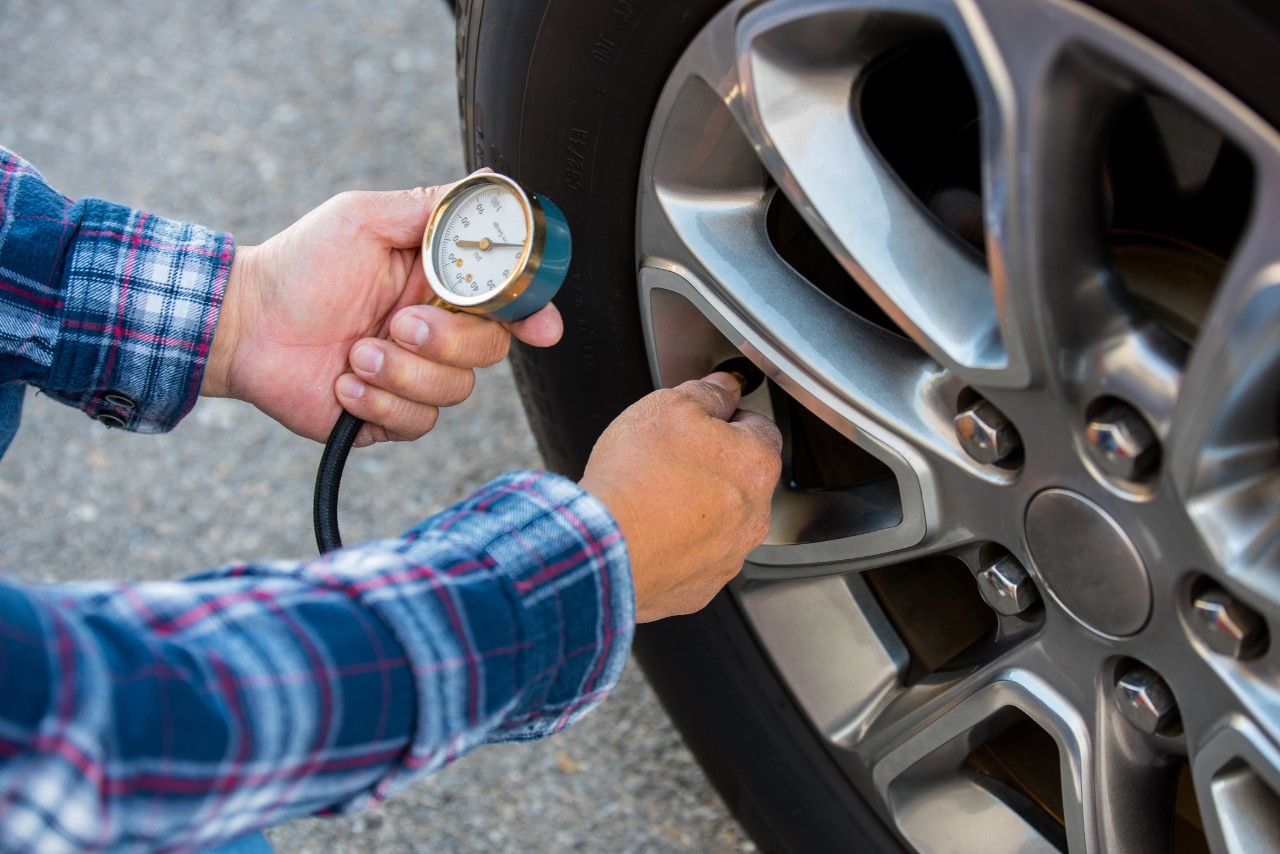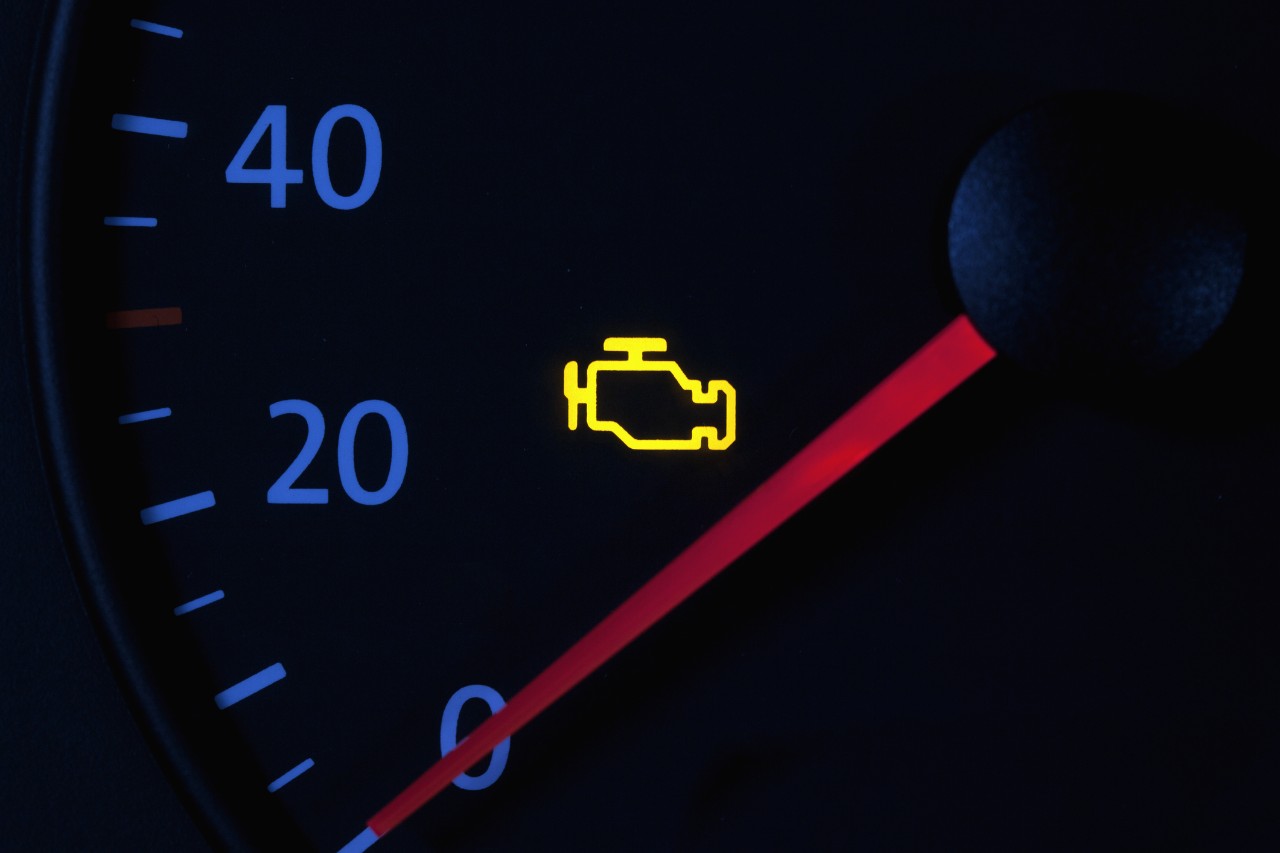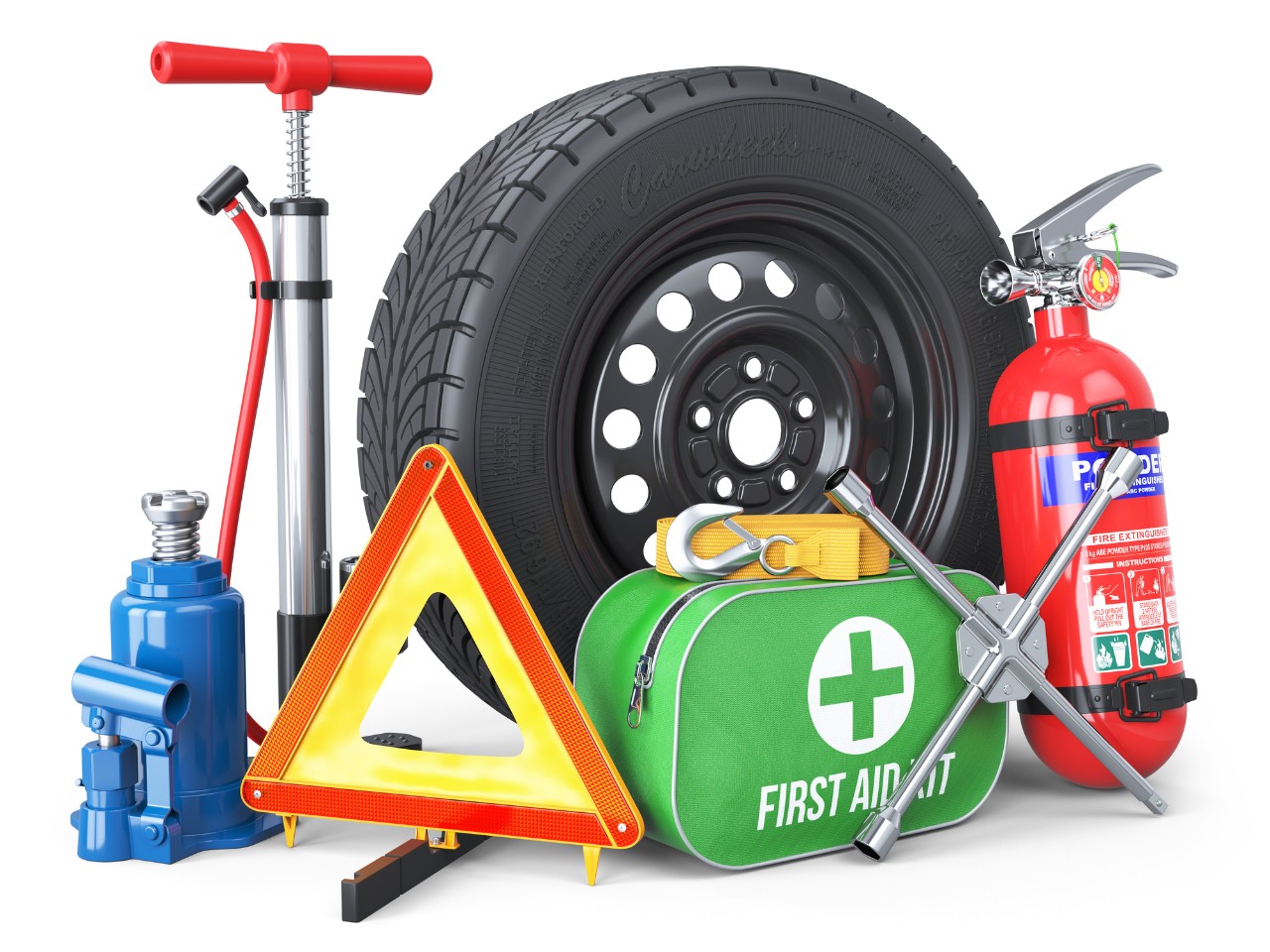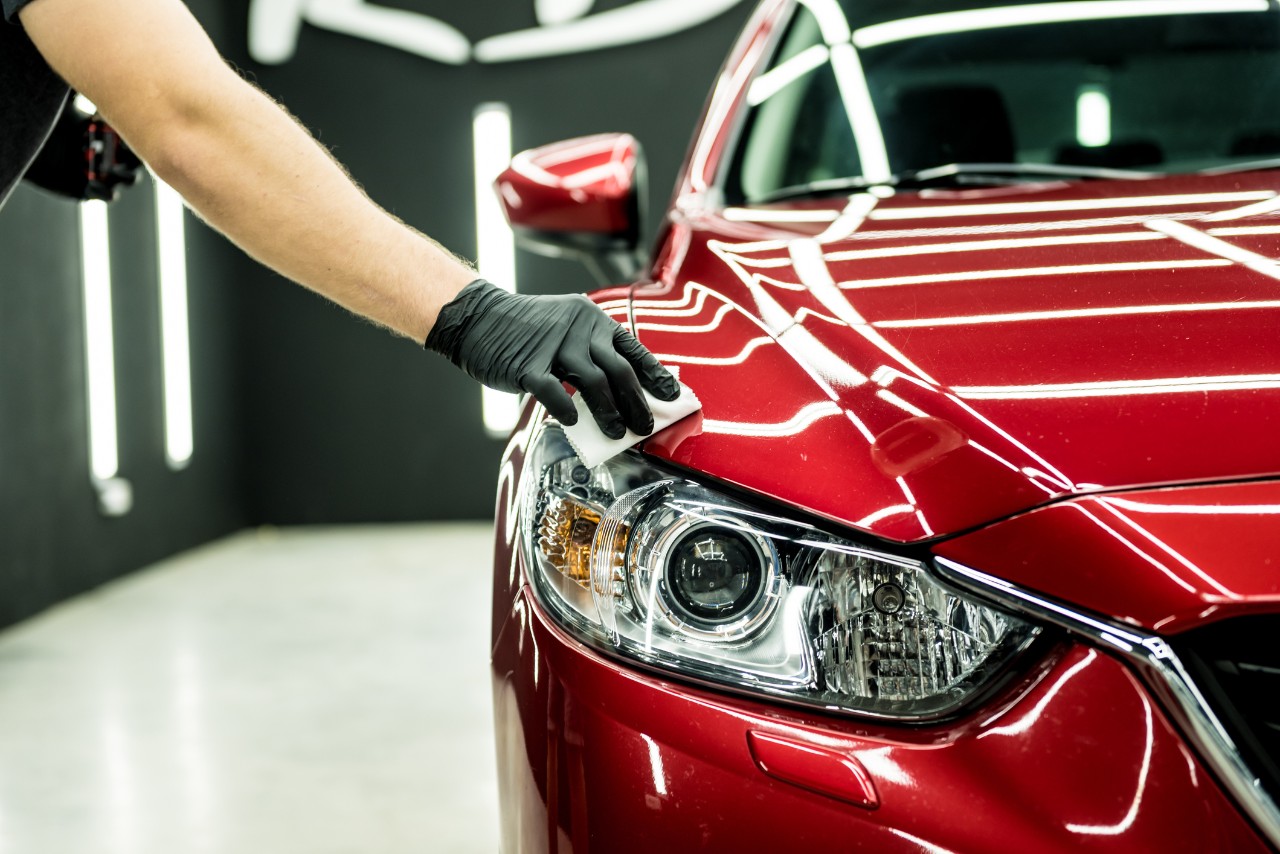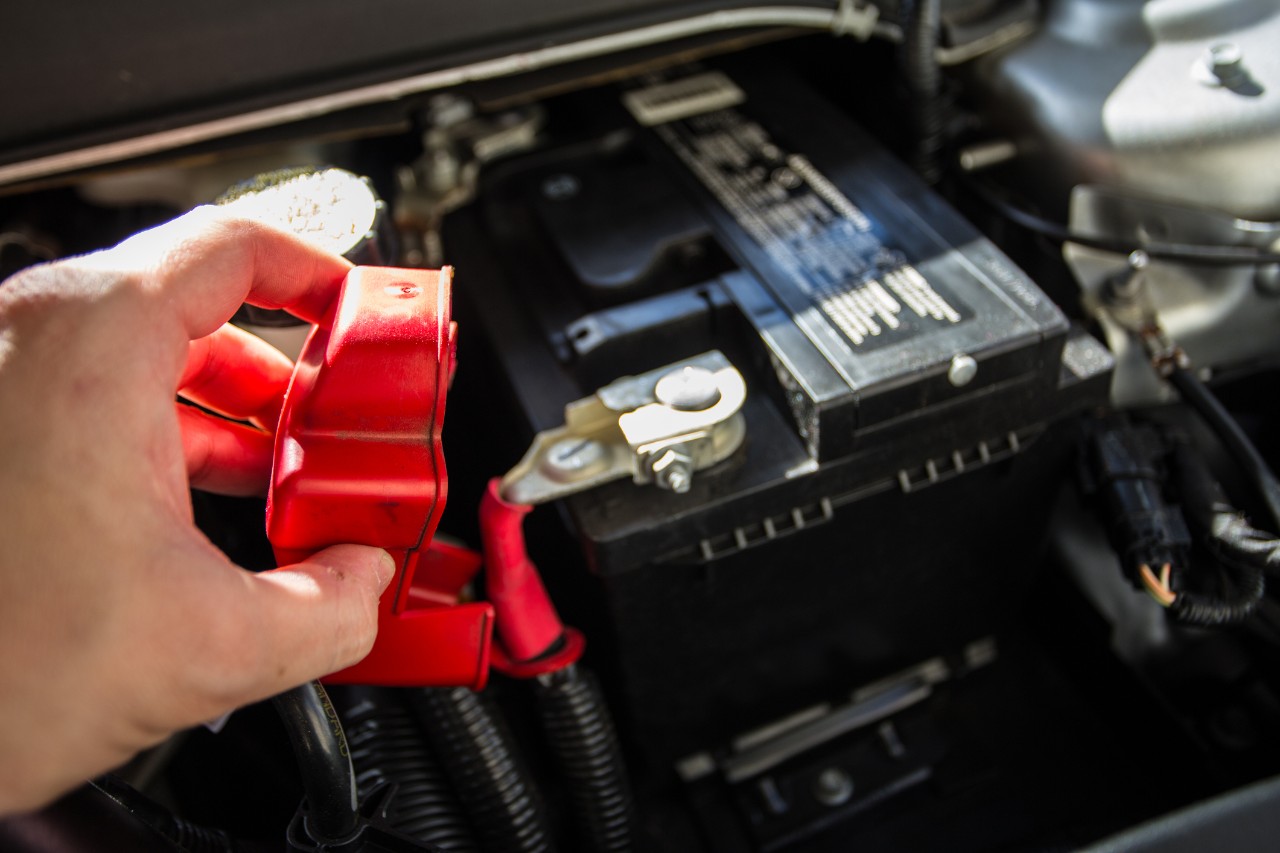As we already know, proper tire maintenance can not only improve its performance but increase its stability as well. And with winter just around the corner, it's the perfect opportunity for you to prepare your car for the upcoming season. Out of all the routines regarding tire care, regular pressure checks can save you a lot of hassle for the day. So if you're wondering why your TPMS light is on, it's time you check your tire.
What temperature change does to tire pressure?
Here is a well-known scientific fact. Air expands when heat is applied and contracts when the heat drops. So naturally, tires, being filled with air, fall victim to this phenomenon. Seasonal temperature changes can and will alter the performance due to fluctuating inflation. If the tire pressure is at 34°C, but for some reason, the temperature rising to 40° means that it's above the vehicle psi specification. This action can trigger the Tire Pressure Monitoring System's warning light. Even though you had your car serviced just a few days ago, the temperature change can abruptly inflate or deflate all your tires at once. There are a few obvious ways to know if you need to check up your tires.
What does cold temperature do to tires?
By the rule of thumb, for every 10 degrees of temperature drop, the tires will drop 1-2 psi at most. It is essential to keep your tires within the recommended PSI to maintain friction. So expect the tire pressure to drop about 3 psi if the outside air temperature decreases by 30° from the last pressure adjustment. In times like this, it is okay to deviate from the manufacturer-recommended psi levels to secure the longevity and functionality of the tires. In case of freezing weather, if you leave the tires underinflated, not only can it cause your steering to be difficult, but it also increases friction, causes your tires premature damage, skids easily on a wet road. Overall, it decreases the efficiency of the car. Yet, overinflating your tires can make your ride get rougher.
What does hot temperature do to tires?
If the tire pressure set to compatibility for a freezing condition interacts with drastically increasing air temperature, the tires will start to overinflate. But unlike tire pressure dropping to a lower level, the TPMS system alert work for overinflation. Tire over-inflation can influence performance and traction. Much like under inflation, the psi will adjust by 1 for each 10° of temperature change. Over-inflation is also a frequent reason for untimely tire damage because of how often it gets overlooked. During a hot summer day, a tire blowout can happen anytime if not taken the necessary measures.
How to check tires in to maintain air pressure?
If your car's manufacture date is after the year 2007, then it will be equipped with a Tire Pressure Monitoring System (TPMS). The TPMS systems will display a warning light on the dashboard when a tire has deflated below the suggested pressure level. If your car doesn't have TPMS, you can check your tire pressure the traditional way, using a gauge. To use a tire pressure gauge, first take off the plastic cap from the valve stem on the tire. Then, push the gauge onto it to get a precise pressure reading. This way, you can evaluate whether you need to inflate it or just let it cool down. If you've never owned a tire pressure gauge, you can get one at the nearest gas station or auto parts store. Underinflated tires wear out quickly and haphazardly, all while costing you a fortune for the fuel. The key is to make tire air pressure monitoring a recurrent maintenance step, but constantly checking or adjusting it is not required. If it has gone unchecked in a while, now would be the time to match it with the upcoming season.
Things not to do
Do not try to reduce the pressure of warm tires, especially when the weather is the reason behind their inflation. Once the tires cool down, the pressure will fall below the recommended level. The recommended inflation pressures are for cold tires, for when the outside temperature of 20 °C or so.
Make a habit of checking the air pressure of your tires during your weekly servicing. It can help you extend the validity of them and save you the cost of buying tires often. Drive safe!
.png)
.jpeg)
